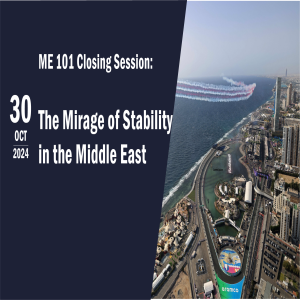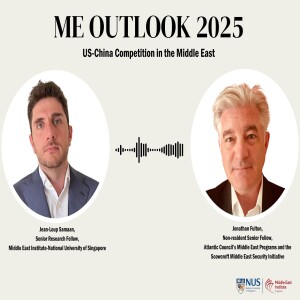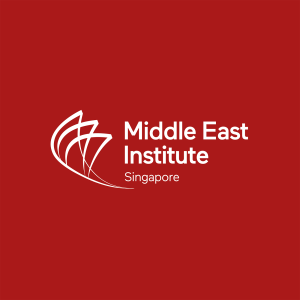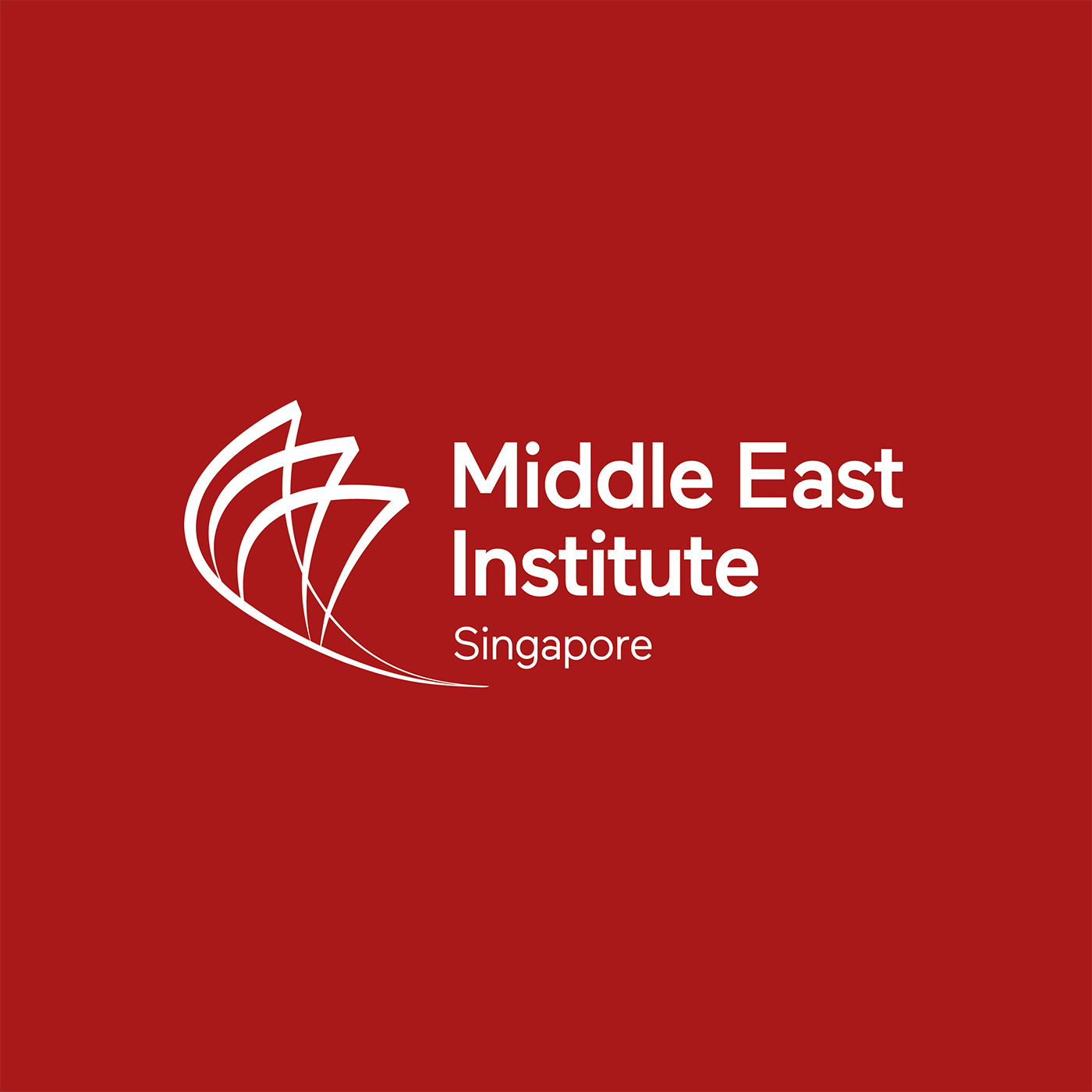Episodes
![[MEI Salon Series] Tradition within Modernism: Mosque Architecture under Singapore’s Mosque Building Fund](https://pbcdn1.podbean.com/imglogo/ep-logo/pbblog4563756/Opening_and_closing86plw_300x300.png)
Wednesday Dec 04, 2024
Wednesday Dec 04, 2024
Between 1977 and 1983, the first phase of Singapore’s Mosque Building Fund (MBF) played a pivotal role in shaping the architectural and social evolution of local mosques. The MBF exemplifies the state’s pragmatic governance and approach to secularism, balancing religious autonomy with social cohesion and urban development. Mosque construction during this period emerged from a collaborative process involving the Islamic Religious Council of Singapore (MUIS), the Housing Development Board (HDB), and the Mosque Building Committee (JPM), ensuring mosque designs balanced religious needs with urban planning goals.
Local mosque architecture reflects regional styles and cultural influences, with distinct Southeast Asian elements. Despite these design differences, the spiritual essence remains unified within the global umma (Muslim community). Traditional elements — such as domes, minarets, and arches — were reinterpreted through modernist ideas. These shifts align religious spaces with Singapore’s urban development goals, while preserving Islamic identity within a multicultural context.
The MBF mosques — such as Masjid Muhajirin (1977), Masjid Assyakirin (1978), and Masjid An-Nur (1980) — illustrate how these buildings evolved into multi-functional spaces. They serve not only as places of worship, but also as community hubs that accommodate education and social activities. This evolution reflects Singapore’s unique approach to balancing religious expression with secular governance to foster social cohesion.

Wednesday Dec 04, 2024
Closing Session (30 Oct 2024) – The Mirage of Stability in the Middle East
Wednesday Dec 04, 2024
Wednesday Dec 04, 2024
Eight days before Hamas launched its deadly attack on Israel, US National Security Advisor Jake Sullivan, in an article written for The Atlantic, described the Middle East as “quieter” than it had been in two decades. This statement has now been shredded. The final lecture of the ME101 series will draw on the findings of previous lessons to offer a regional assessment of the political and economic environment of the Middle East. Specifically, we will consider the prospects for regional stability, looking at the main risks (political, security, economic, social) faced by the countries in the area.

Thursday Jan 16, 2025
ME Outlook 2025: US-China Competition in the Middle East
Thursday Jan 16, 2025
Thursday Jan 16, 2025
Jonathan Fulton, a Non-Resident Senior Fellow at the Atlantic Council’s Middle East Programmes and the Scowcroft Middle East Security Initiative, discusses how US-China competition in the Middle East could unfold in 2025. He explains that while China’s presence peaked in October 2023, driven by regional engagement and economic connections, it waned following the Gaza conflict, revealing the limits of Beijing’s political and security contributions. Fulton notes that the Gulf states perceive China primarily as a transactional partner, contrasting with their deeper, strategic alliance with the US. He also predicts that a new Trump presidency may not drastically alter this dynamic, but could affect US-Iran relations. Given their growing ties with Beijing, Fulton also identifies Egypt and Iran as crucial countries to monitor in 2025.

Sunday Jan 19, 2025
S R Nathan Distinguished Lecture 2024
Sunday Jan 19, 2025
Sunday Jan 19, 2025
Dr Al Nuaimi will speak on the Emirates’ efforts to promote religious tolerance, and moderate Islam within and beyond the Middle East. He will also share his experiences working with Southeast Asian Muslim communities.

Sunday Jan 19, 2025
MEI 2024 Round-up with General David Petraeus and Mr Bilahari Kausikan
Sunday Jan 19, 2025
Sunday Jan 19, 2025
In the year since war broke out in the Middle East, the conflict has threatened to widen several times, and has now expanded into Lebanon, and direct attacks between Israel and Iran. What will a second year of war bring? Will an Iran, hampered by a weakened Hezbollah, scale back its efforts? What will the regional landscape look like when the long-anticipated “Day After” arrives?
Join us as we welcome back General (Retired) David Petraeus, who delivered last year’s S. R. Nathan Distinguished Lecture shortly after the conflict erupted, for his thoughts on these and other questions in a chat with the Middle East Institute’s Honorary Fellow, Bilahari Kausikan.

Wednesday Jan 22, 2025
ME Outlook 2025: What's Next for Jordan in the Middle East?
Wednesday Jan 22, 2025
Wednesday Jan 22, 2025
In the second edition to the ME Outlook 2025, Rasha Fityan Saleem, Executive Director of the Politics and Society Institute in Jordan, discusses key developments shaping the Middle East this year, with a focus on Jordan’s evolving role in the region. From the aftermath of the Assad regime’s fall in Syria to ongoing regional conflicts, she underscores how Amman can position itself as a stabilising force in a rapidly changing landscape.

Friday Jan 24, 2025
ME Outlook 2025: China's Middle East Policy
Friday Jan 24, 2025
Friday Jan 24, 2025
Dr Wang Jin, Associate Professor and Assistant Director of the Institute of Middle East Studies at Northwest University of China, outlines China’s key Middle East policy priorities for 2025. He notes that Beijing will closely monitor shifts in US policy towards the region and assess their potential impact. Additionally, it will focus on the activities of extremist and terrorist groups, with a particular concern for Uighur separatist movements in Syria. Lastly, Beijing will continue to foster pragmatic cooperation with Middle Eastern countries, emphasising mutually beneficial economic partnerships.

Monday Jan 27, 2025
ME Outlook 2025: Iran Under Pezeshkian
Monday Jan 27, 2025
Monday Jan 27, 2025
Mehran Kamrava, Professor of Government at Georgetown University-Qatar and Director of the Iranian Studies Unit at the Arab Center for Research and Policy Studies, discusses the domestic climate in Iran more than six months into President Masoud Pezeshkian's tenure. From the hijab bill to social freedoms, Kamrava underscores the challenges facing the Iranian president despite his reformist stance. He also offers insights into the potential impact of Donald Trump's return to the White House on Tehran's foreign policy.

Tuesday Jan 28, 2025
ME Outlook 2025: Japan's Priorities in the Middle East
Tuesday Jan 28, 2025
Tuesday Jan 28, 2025
Professor (International Security) at the Graduate School of Public Policy, The University of Tokyo in Japan, Dr Yee-Kuang Heng, outlined Tokyo's strategic priorities in the Middle East for 2025, highlighting the country’s growing ties with the Gulf Cooperation Council (GCC), particularly the UAE and Saudi Arabia, with a focus on trade and economic partnerships. He also highlighted Japan’s humanitarian efforts in Gaza and its ongoing commitment to the vision of a free and open Indo-Pacific. Dr Heng discussed Japan’s role in ensuring the smooth handover of the Expo from Osaka to Riyadh, as well as its efforts to secure stable trade and energy supply chains. Finally, he noted Japan’s interest in encouraging restraint in regional conflicts, especially between Israel and Iran.

Monday Feb 10, 2025
ME Outlook 2025: Syria in Transition
Monday Feb 10, 2025
Monday Feb 10, 2025
Daniel Neep, Professorial Lecturer at the Elliott School of International Affairs at George Washington University, discusses the challenges for Syria after the fall of Bashar al-Assad. With regime change now placing Hayat Tahrir al-Sham (HTS) in charge, Neep outlines the domestic and foreign policy priorities of the new government led by de facto leader Ahmed al-Sharaa. It is clear from the outset, with Al-Sharaa’s various foreign trips, that regional and international recognition is a pressing matter for his new administration. But so are territorial integrity, inclusivity, and the rebuilding of infrastructure, as Neep highlights. He also assesses the level of Islamism that we can expect from governance, following media reports on Al-Sharaa’s jihadist history, including prior connections with Al-Qaeda and Isis.

